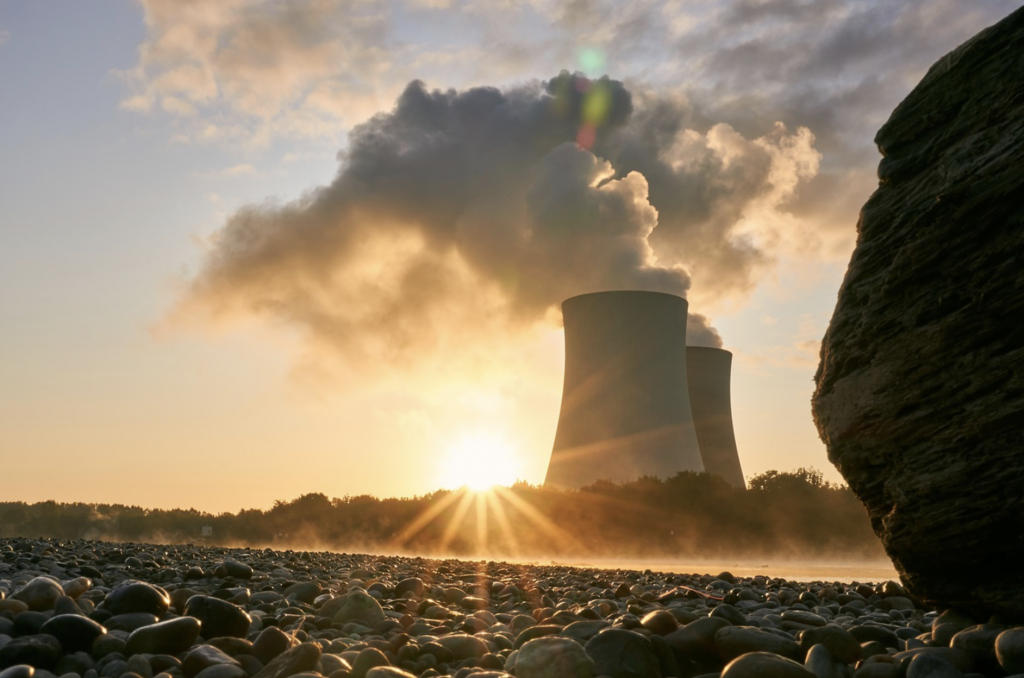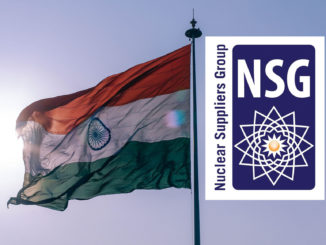
The NPT is an international treaty which proved to be a milestone with a main objective to forestall the spread of nuclear weapons and to achieve the goal of nuclear disarmament. The NPT aims to promote cooperation so that nuclear energy can be used for peaceful purposes. It is a multilateral treaty which represents the nuclear weapon states coupling together for the goal of disarmament. The treaty was signed on 1st July 1968 and pulled off in 1970. 191 states in total have signed the treaty which includes the five nuclear-weapon states as well. NPT lies under one of the primary areas of International Relations i.e. International Political Security (I.P.S). It can be claimed as such because proliferation of nuclear technology to states that has aggressive notions and states, non-state actors, terrorist organizations will use it to intimidate and this will menace the security of the regions and ultimately towards that of globe itself so it needs to be restricted.
The treaty’s primary aim is to restrain the nuclear weapons from spreading. The 191 state-parties are arranged into two classifications. The first category is consisting of recognized nuclear weapon states (NWS) which are United States of America (1945), Russia (1949), Britain (1952), France (1960) and China (1964). Second category consists of non-nuclear weapon states (NNWS). All these states under the treaty pursue complete disarmament and along with that NNWS pledge to relinquish developing nuclear weapons at all. However, the state-parties are granted the permission to develop nuclear technology for civil and peaceful purposes. NPT is the most extensively adhered as compared to any other arms control agreement however, a few states are still not part of the treaty which includes, Israel, Pakistan, India, and South Sudan. The treaty directs an audit gathering every 5 years to evaluate if the objectives have gained any ground and also to enhance and provide new opportunities to further strengthen the treaty.
The discussion to control the harmful spread of nuclear energy began in 1950’s when International Atomic Energy Agency (IAEA) came into existence. In 1960’s the UN general assembly approved a resolution which claimed that the spread of nuclear weapon to other states should be prevented. The states already possessing the weapon will not be trading the material with those states which are not possessing. These announcements laid the foundation for NPT. In a press conference, US president John F. Kennedy also predicted that in 10 years almost 20-25 nations would develop the ability to produce nuclear weapons which is very dangerous for the world. So finally in 1968 the first draft text of NPT was endorsed. UK, USA and USSR were the first to sign the treaty. China and France acceded in 1992. However, these five are the only states officially recognized as nuclear weapon states. In 1980’s NPT really helped in cooling down the two superpowers engaged in cold war which would have otherwise ended in a nuclear war. In 1995 the treaty achieved completion of its first 25 years which also paved a way for its extension indefinitely.
NPT generated a standard of behavior for states that continues to guide them. The five major nuclear powers also hung on to their nuclear weapons although they decided to completely eliminate them but its mere a lip service. The NPT has become a norm and acts as a bedrock for an international regime so the nuclear weapons can be prevented from escalating all over the globe. The NPT’s existence itself explains that the aim of eliminating the proliferation of nuclear weapon is not a task of one or two states be it the current ruling power, US or the rising power China. This objective requires the efforts and cooperation of the world community to act together for the cause. One of the former US arms negotiator said, “NPT is in many ways an agreement as important as the UN Charter itself”. Even though the complete disarmament promise of NPT is not achieved yet but proliferation of nuclear material is always a threat and party-states have controlled themselves because of the binding with the treaty. Moreover, the ‘grand bargain’ is also fulfilled which claims that nonnuclear states will not acquire nuclear weapon in exchange the nuclear weapon states will work on disarming and assist other states to use nuclear energy for peaceful means. For example, the relevance of NPT for Turkey in time of Iran nuclear deal crisis. NPT not only helps Turkey to develop nuclear energy for civil work but also allows Turkey to be a part of solution to nuclear proliferation. However, states like Iraq dodge the inspectors e.g. when Iraq built the Osirak Reactor even though it promised not to produce plutonium for weapons and prior to 1991 it nearly completed the secret enrichment program. These examples put NPT’s effectiveness into question.
Lack of progress in the complete disarmament had led some critics to question the relevance and value of NPT. Non-proliferation and disarmament are inextricably connected so if one is not achieved the other will naturally lose confidence, and weakening the non-proliferation regime is in no one’s interest. Moreover, ever since 1991 increase in uranium enrichment and plutonium separation in states like Iran and North Korea took place which was kept hidden from IAEA inspectors. Furthermore, Pakistan a non-party is alleged to have provided the enrichment technology to both North Korea and Iran which heightens the threat to NPT regime from non-parties as they are not bound to follow the treaty’s conditions so they can assist the NNWS in acquiring nuclear weapons. Some of NPT party-states also tend to ignore the treaty requirements when it comes to their national interests. For instance, when USA was working with Pakistan for the invasion in Afghanistan against USSR, USA knew about Pakistan’s nuclear program yet turned a blind eye towards it. The treaty’s impact is uncertain so to gain peace and stability in future there is a need for collaborative approach between NWS and NNWS and for that a major diplomatic effort is essential. Every state in the world should be increasingly mindful of the security benefits driven from NPT and the nuclear weapon states should reduce the risks associated with their acquired weapons and pursue disarmament not because NPT requires this commitment but because it is for their own and the globe’s interest.
![]()




Be the first to comment